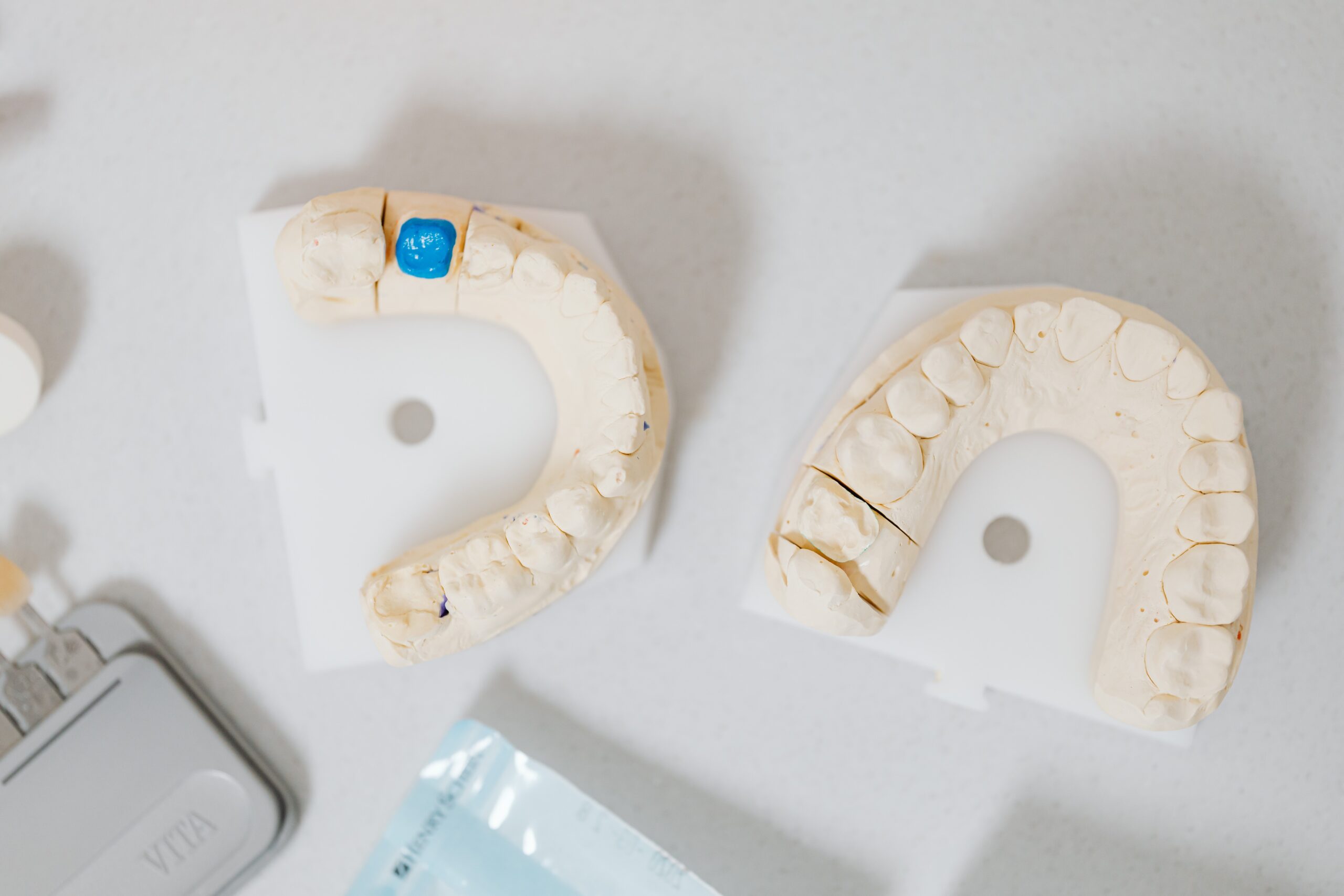Dental implants have revolutionized the way we approach tooth replacement, offering a versatile solution that can cater to a wide range of cases. As you embark on your journey to restore your smile, it’s essential to understand the different types of dental implants available. In this blog post, we’ll explore the diversity of dental implants and how each type addresses specific needs.
1. Endosteal Implants: Endosteal implants are the most common type of dental implants. These implants are surgically placed directly into the jawbone. They come in various shapes, including screws, cylinders, or plates. Endosteal implants are suitable for patients with healthy jawbone density and are often used for single-tooth replacements, multiple teeth replacements, or to anchor dentures.
2. Subperiosteal Implants: Subperiosteal implants are an excellent alternative for patients with insufficient jawbone density or those who do not want to undergo bone grafting procedures. Unlike endosteal implants, subperiosteal implants are placed under the gum but above the jawbone. They consist of a metal framework that supports prosthetic teeth. Subperiosteal implants are an innovative solution for patients who want dental implants but lack the necessary bone structure.
3. Zygomatic Implants: Zygomatic implants are a specialized type of implant designed for patients with severe bone loss in the upper jaw. Instead of being anchored in the jawbone, zygomatic implants are anchored in the cheekbone (zygomatic bone). This unique placement provides a stable foundation for implant-supported restorations, even when traditional implants might not be feasible.
4. Mini Dental Implants (MDIs): Mini dental implants are smaller in diameter compared to traditional implants. They are often used to stabilize dentures and provide increased support for patients who have experienced bone loss. MDIs are minimally invasive and can often be placed without the need for extensive surgery.
5. All-on-4 and All-on-6 Implants: The All-on-4 and All-on-6 implant techniques are innovative solutions for patients missing most or all of their teeth in one or both arches. These techniques involve placing a strategic number of implants (either four or six) to support a full arch of prosthetic teeth. This approach offers a cost-effective and efficient way to restore a complete smile.
6. Immediate Load Implants: Also known as same-day implants, immediate load implants allow for the placement of temporary prosthetic teeth shortly after implant surgery. This means you can leave your dental appointment with a complete smile on the same day. These implants are ideal for patients who desire a quick restoration without waiting for the traditional healing period.
7. Implant-Supported Dentures: Implant-supported dentures combine the stability of dental implants with the convenience of dentures. These dentures are secured to implants, providing enhanced stability and reducing issues like slipping or discomfort that are common with traditional dentures.
8. Implants for Orthodontic Anchorage: Dental implants can also play a role in orthodontic treatments. In cases where traditional braces might not be sufficient, dental implants can be strategically placed to provide anchorage for orthodontic forces, facilitating more complex tooth movements.
9. Hybrid Implant Restorations: Hybrid implant restorations combine the benefits of dental implants and dentures. These restorations involve attaching a fixed denture to dental implants, offering a stable and functional solution for patients with extensive tooth loss.
In conclusion, the world of dental implants is remarkably diverse, with various types catering to different patient needs and circumstances. The right type of implant for you depends on factors such as your oral health, bone density, restoration goals, and budget. Consulting with an experienced implant dentist is crucial to determining the most suitable implant type for your individual case. Whether you need a single tooth replaced, multiple teeth restored, or a complete smile transformation, dental implants offer a versatile solution that can help you regain your confidence and oral function.
